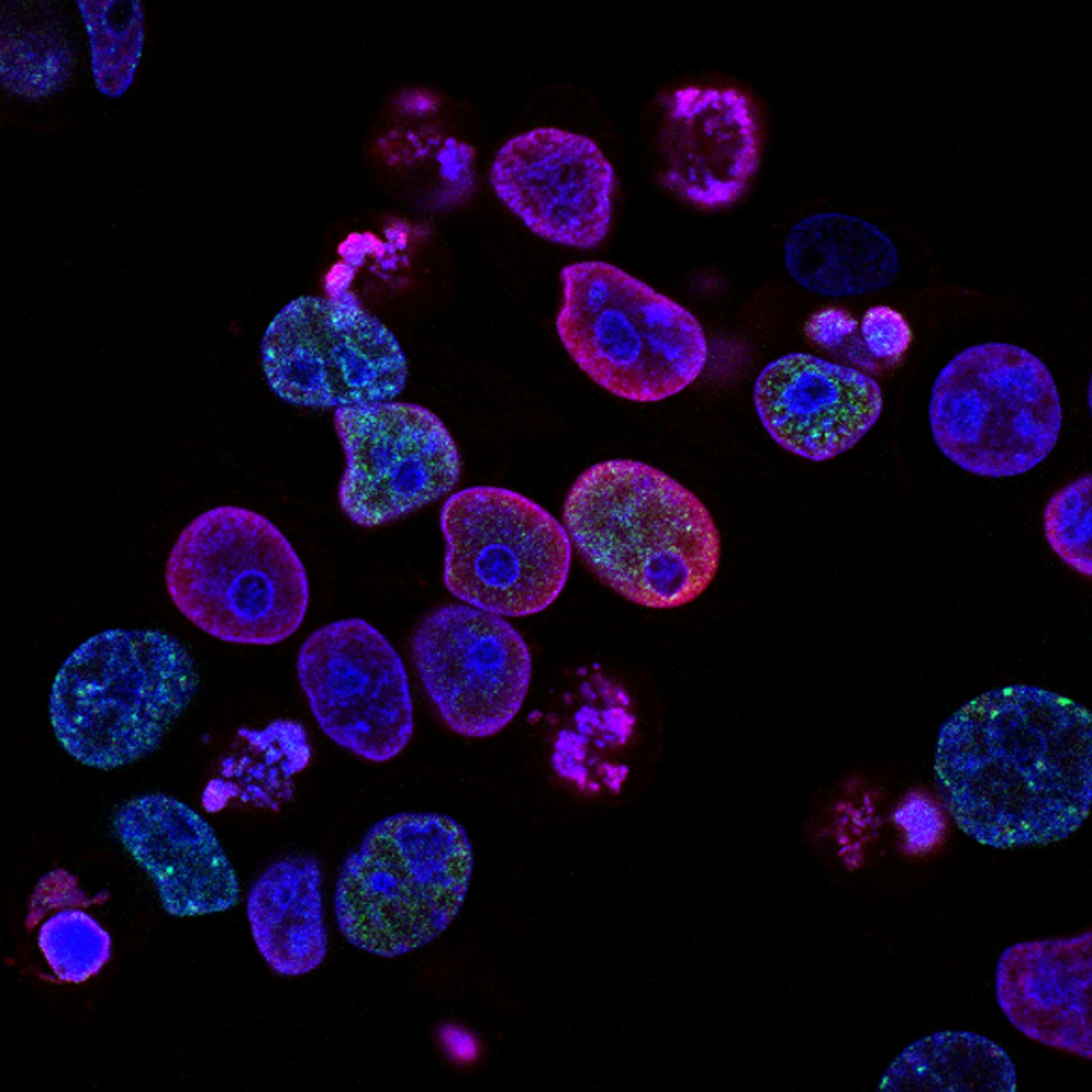A Revolutionary Approach to Cancer Treatment
South Korean scientists have reported promising results in testing a new cancer treatment method that doesn’t destroy or fight tumor cells. Instead, they devised a way to reverse cancer cells back to their normal state. Unlike traditional treatments, this approach works systemically, opening extraordinary possibilities for defeating cancer.
Addressing Key Challenges in Cancer Therapies
Current cancer treatments often come with significant side effects and the risk of tumor cell resistance to drugs. Researchers at the Korea Advanced Institute of Technology aimed to overcome these limitations. To achieve this, they studied the process of oncogenesis in detail and developed a technology capable of digitally modeling genes involved in cellular differentiation. This process can sometimes lead to the formation of tumor cells.
Their analysis identified critical molecular “switches” responsible for inducing normal differentiation. The team then applied these molecular tools to colorectal cancer cell samples, successfully converting them back to a normal state. Subsequent experiments, including trials on laboratory animals, showed similarly remarkable results.
Reverse Cancer Cells: Systemic Impact and Future Potential
“Reverting cancer cells is achievable with systemic actions, which is astonishing and opens vast possibilities for treating different cancer types,” the researchers noted. Currently, they are refining their technology and testing it against various tumor types to confirm its universality. If successful, this method could pave the way for side-effect-free cancer therapies.
Broader Implications for Cancer Research
In related studies, researchers identified a key factor in cancer development: tiny DNA structures that initiate the transformation of pre-cancerous cells into tumor cells. This discovery highlights the intricate mechanisms of oncogenesis and reinforces the importance of systemic solutions in cancer treatment.






